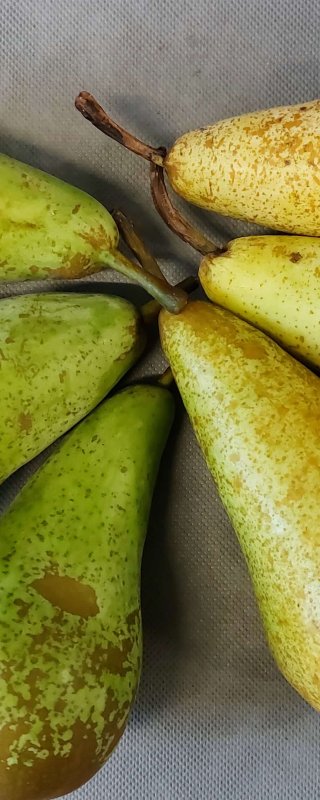
Ethylene-related disorders of fresh products
Temperature and humidity are major factors that need to be controlled to maintain a good quality of fresh products. Also ethylene plays a role in the ripening and senescence of many products. Ethylene is a gaseous compound that can be produced by products themselves or comes from other sources in the surroundings. During short holding times, such as distribution locations, there is usually enough fresh air exchange to keep ethylene at a sufficiently low level. Nevertheless, the recognition of ethylene related disorders and possible causes should be taken seriously, in every part of the supply chain.
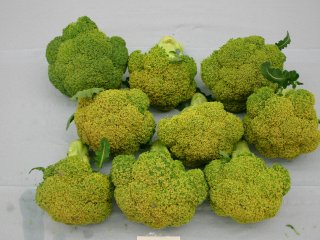
Yellowing
Temperature plays a major role in yellowing of products such as lettuce, cucumber and cabbage. But also ethylene can affect the yellowing of these products. Another example is broccoli where ethylene can accelerate the yellowing of sepals.
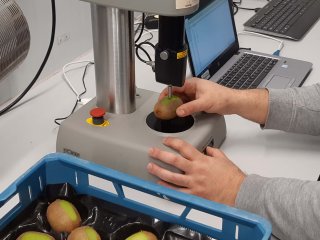
Softening
Ethylene is involved in ripening, including softening of climacteric fruits such as apple, avocado, kiwifruit, mango, tomato and many others. Kiwifruit in particular is sensitive to low concentrations of ethylene, which can cause premature ripening in storage.
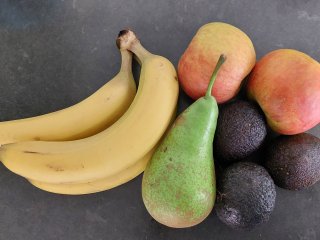
Mixed loads
Ethylene sensitive products can be damaged when stored with strong ethylene producing products. Lettuce, carrots, and broccoli can deteriorate quickly in mixed loads with bananas, apples, pears, or avocados, for example. Mixed loads of these products should be avoided. An overview of ethylene sensitive and ethylene producing products is available here.
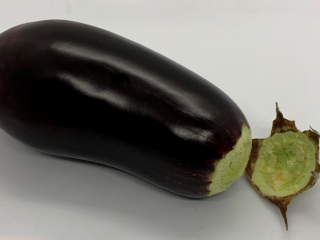
Ethylene damage with eggplants
When eggplant is exposed to ethylene for an extended period of time, the calyx and stem detach from the fruit. The sensitivity to Botrytis therefore also increases. This is indirect damage. Storing eggplant with strong ethylene producing products should therefore be avoided.